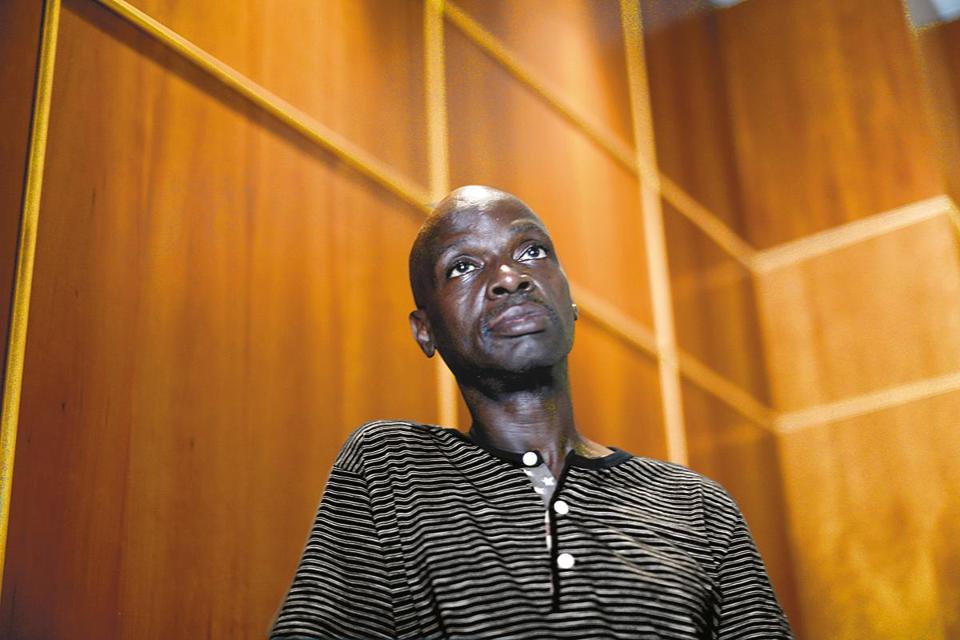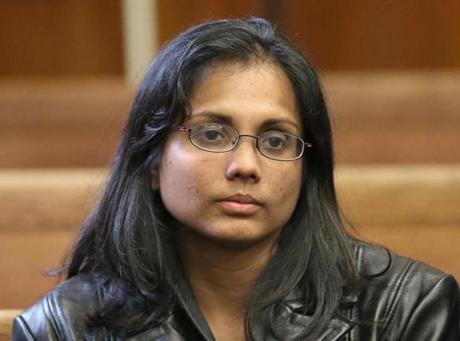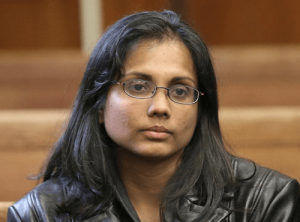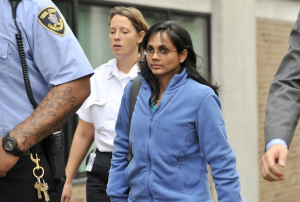- 18,115
- 11,769
- Joined
- Jan 11, 2013
thread title is not misleading she did it on purpose
at the behest of prosecutors who wanted convictions off bogus findings, they are just as guilty and should go to jail
it dont matter if she was doing it to brownnose she was doing it on purpose
sounds like she was hoping for a come up
at the behest of prosecutors who wanted convictions off bogus findings, they are just as guilty and should go to jail
it dont matter if she was doing it to brownnose she was doing it on purpose
sounds like she was hoping for a come up











